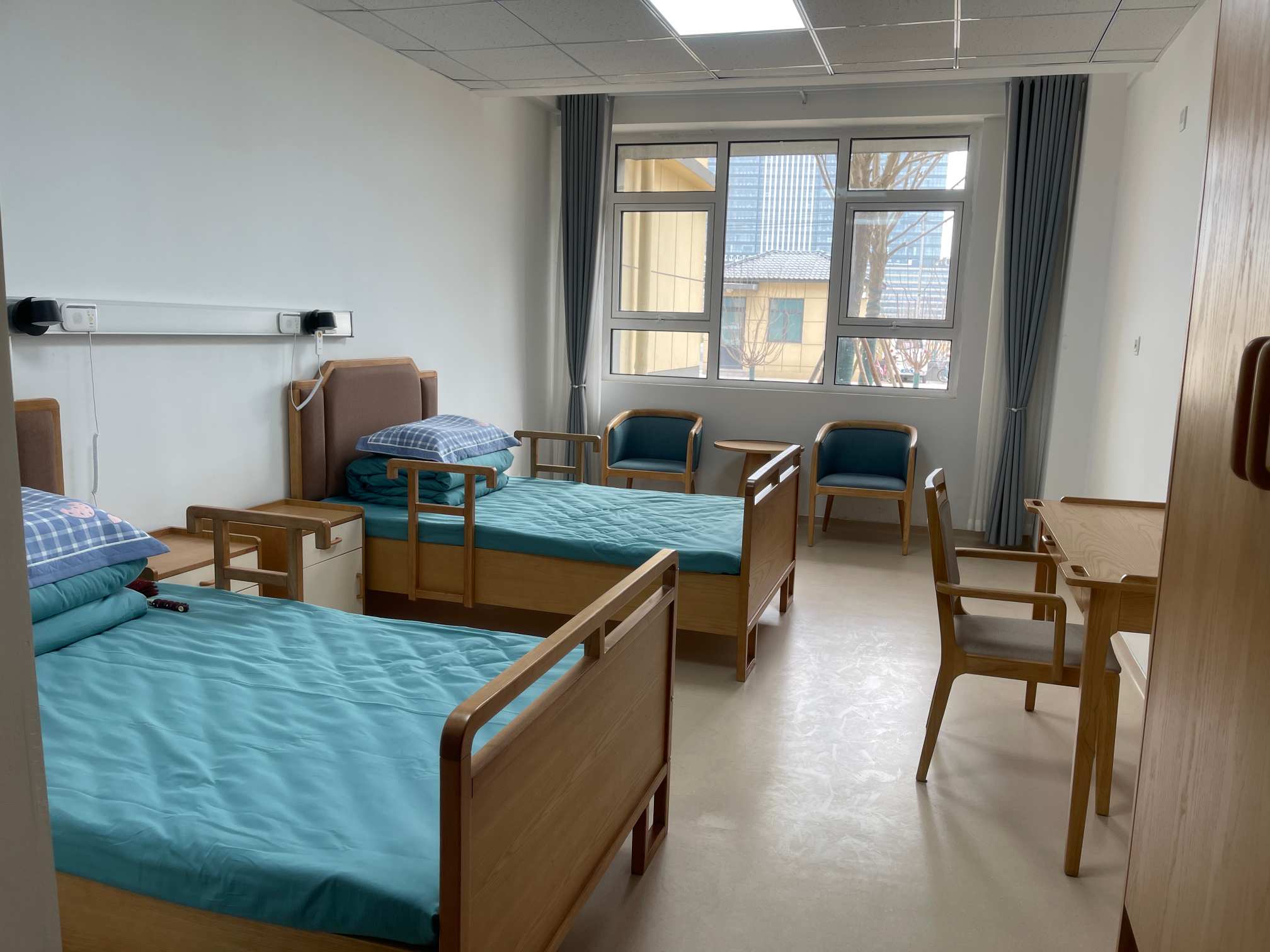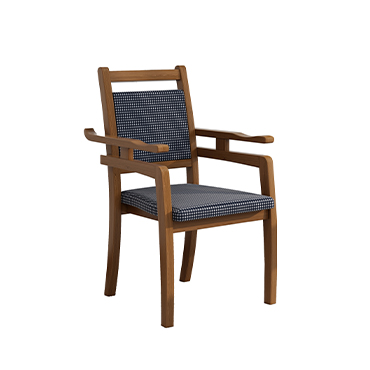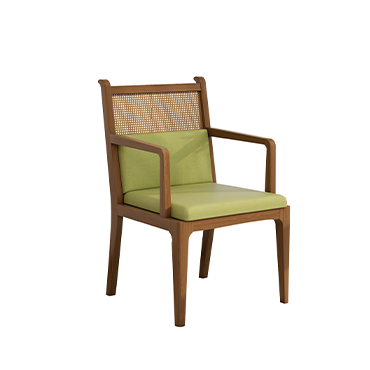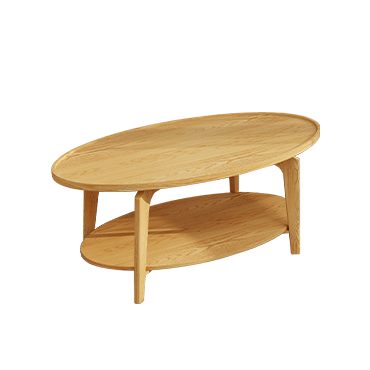Creating a Comfortable and Safe Sound Environment for Seniors
Senior hearing loss is a common issue affecting many older adults. Reduced hearing can lead to communication difficulties, stress, poor sleep, social isolation, and even safety risks. Creating a comfortable living environment with proper soundproofing is essential to improve quality of life in an elderly care home or at home.
Why Sound Environment Matters for Seniors
Communication Challenges: Difficulty hearing conversations or TV audio can disrupt daily life and reduce social interaction.
Misunderstandings: Frequent requests to repeat conversations may frustrate others or strain relationships.
Stress and Sleep Issues: Sensitivity to sudden noises can increase stress and interfere with restful sleep.
Safety Risks: Inability to hear alarms, traffic, or emergency sounds can be dangerous.
Cognitive Decline: Reduced auditory stimulation and social isolation may contribute to cognitive impairment.
Improving the home’s sound environment not only supports hearing but also enhances overall health and well-being.
How to Create a Soundproof Environment at Home
1.Window Solutions
Thick Curtains: Double-layered curtains can block external noise, improving sleep quality.
Sealing Strips: Fill gaps between window frames and sashes to prevent outside noise from entering.
2.Wall Treatments
Acoustic Panels: Install panels in areas prone to noise to reduce sound reflection and echo.
Bookshelves: Large bookshelves placed against walls help absorb sound and enhance insulation.
3.Flooring Measures
Soundproof Mats and Carpets: Thick mats reduce footstep noise, and adding a carpet can further dampen sound.
Soundproof Rating: Use mats with a rating like LL35 (ΔLL-6) to minimize noise from furniture movement or dropped objects.
Anti-Slip Surfaces: Ensure safety for seniors while reducing noise.
4.Daily Noise Reduction
Doors and Entryways: Apply adhesive strips under doors or install slow-closing door mechanisms to reduce impact noise.
Appliance Placement: Position noisy appliances such as washing machines or refrigerators away from walls or use vibration-absorbing pads to lower sound levels.
Conclusion
Senior hearing loss can significantly affect daily life, communication, and social engagement. By implementing soundproofing measures—such as improving windows, walls, flooring, and appliance placement—you can create a comfortable living environment for seniors.
A well-designed elderly care home or senior-friendly home should combine safety, comfort, and low-noise design. With these adjustments, seniors can enjoy a quieter, safer, and more relaxing living environment.





